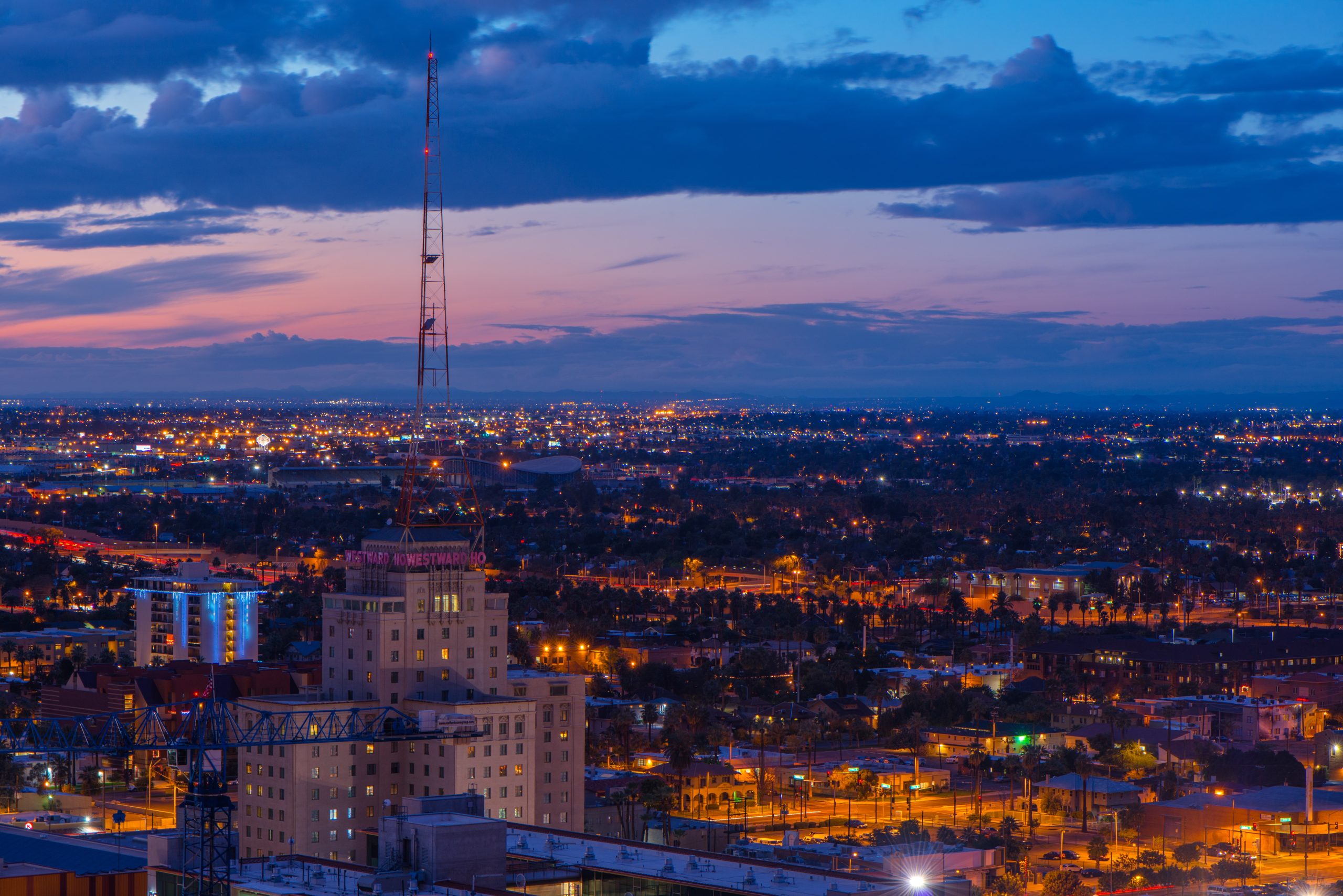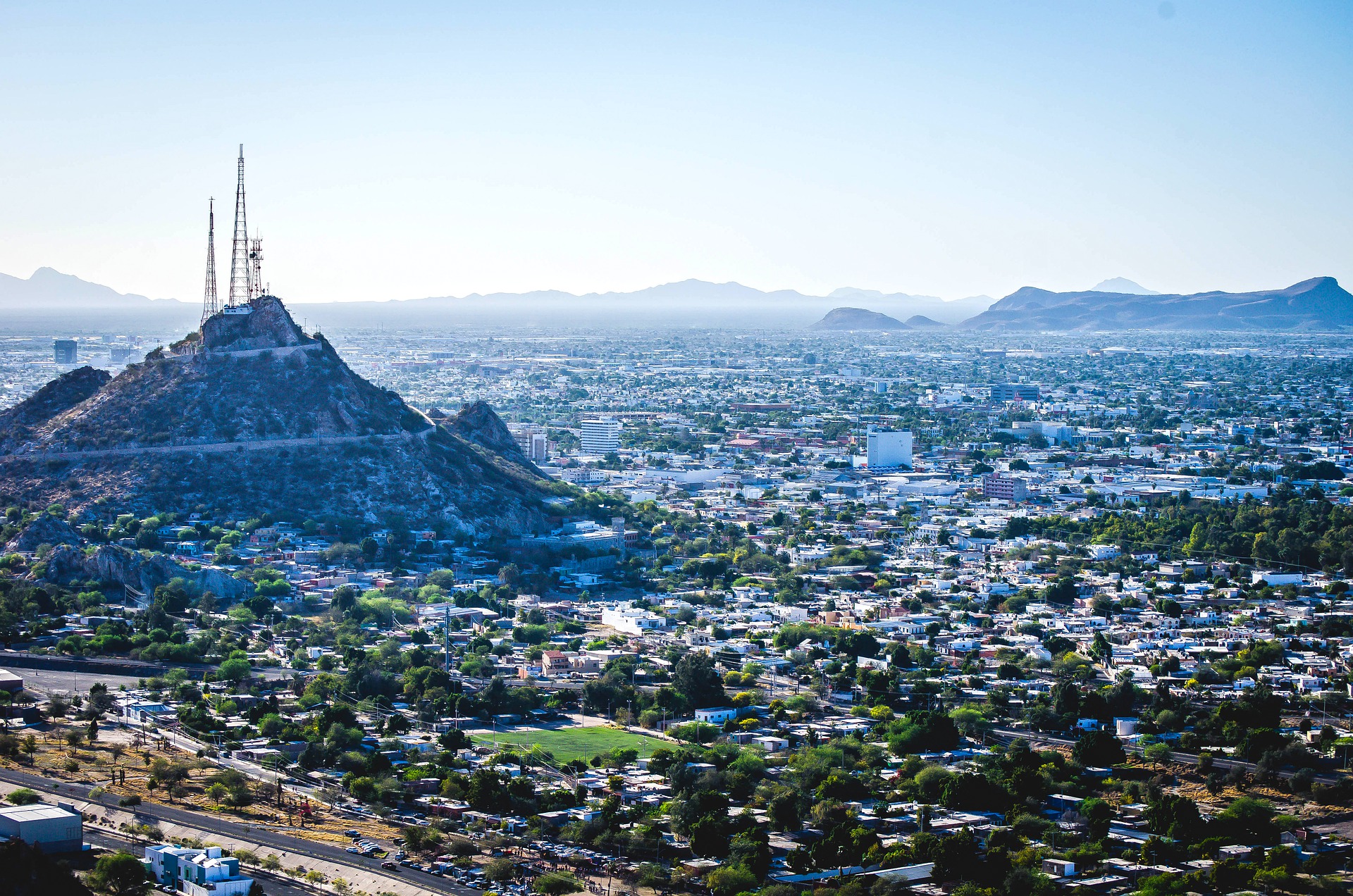
This January Bloomberg Philanthropies announced the winning cities of the Global Mayors Challenge 2021 – 2022. Read here which 15 cities have been awarded for their ambitious urban innovations during the Covid 19 pandemic.
Billboard
Skyscrapper
Halfpage
On January 18th, Bloomberg Philanthropies announced the winners of the Global Mayors Challenge 2021-2022. This Challenge is a worldwide innovation competition to support and spread the most promising ideas in cities.
The Global Mayors Challenge 2021 has 15 winner cities. The jury recognizes cities for developing bold, ambitious urban innovations that help to recovery from the COVID-19 pandemic.
Each of the winning ideas addresses one or more of the four current urban challenges: economic recovery and inclusive growth, health and wellbeing, climate and environment, and gender and equality.
Winning cities receive 1 million USD as well as technical support and coaching over the span of three years. This prize is intended to help them bring their ideas to life.
“As the world works to address the profound public health and economic effects of the ongoing pandemic, cities can implement innovative ideas at a pace that national governments simply can’t match,” says Michael R. Bloomberg, founder of Bloomberg Philanthropies and Bloomberg L.P. and 108th Mayor of New York City.
Global Mayors Challenge 2021 – The winning cities
The Global Mayors Challenge 2021-2022 has 15 winning cities. They represent 13 different nations on six continents. Collectively, the are inhabited by more than 30 million residents.
In short these are the winners of the Global Mayors Challenge 2021:
Amman, Jordan
Amman won for its creation of “reachability maps” that identify gaps in key services, after the pandemic showed difficulties in delivering food and healthcare to vulnerable communities. These maps will allow the city to better respond to future emergencies. They are also helpful in prioritizing infrastructure investments. Currently, Amman is working on launching an interactive, open-data platform for residents to raise concerns and inform city services about their needs.
Medium Rectangle
Halfpage

Bogotá, Colombia
Bogotá’s winning proposal for the Global Mayors Challenge 2021 focuses on “care blocks” that tackle the issue of the unpaid care burden falling disproportionately on women. These blocks will include a wide variety of support measures designed to reduce subsequently women’s unpaid care work and to spark a cultural shift.
Medium Rectangle
Halfpage

Butuan, Philippines
Butuan faces high rates of food insecurity due to issues around local food production. The city therefore proposes to improve the ineffective agricultural market through “AgriBOOST”. This tool will give farmers predictive data that help with decision-making in terms of type and quantity of crops. Therefore this tool is the reason for the Global Mayors Challenge 2021 nomination.
Freetown, Sierra Leone
Freetown is providing monetary incentives for communities to replant trees to offset deforestation. This tree-trading market will support reforestation. To sum up, each new tree will be tagged geospatially, creating tree tokens that can be sold, bought, and traded.
Medium Rectangle
Halfpage

Hermosillo, Mexico
Hermosillo wants to tackle two challenges – women’s underemployment and very low rates of waste recycling – with its “Biciclando” programme. The idea is to employ women who have lost their job in the pandemic for home-recyclable collections made by e-cargo bike.
Medium Rectangle
Halfpage

Istanbul, Turkey
Istanbul saw overwhelming demand for social aid during the first year of the pandemic. As a response, city officials created a solidarity programme called “Pay-it-forward”. Therefore this programme matches people burdened by unpaid utility bills with those willing to provide financial assistance.
Medium Rectangle
Halfpage

Kigali, Rwanda
Residents in Kigali’s informal settlements face challenges such as unsanitary water, sanitation and hygiene services. At the same time, the maintenance fees for these utilities are disproportionately high. Therefore, the city is introducing smart waste-sensor technology in informal settlements.
Kumasi, Ghana
Poorly maintained public toilets and open defecation are problems in Kumasi. To address this, the city is training unemployed youth to build low-cost toilets for households in needs. These toilets will have bio-digesters and technologies compatible with the city’s infrastructure so that the waste can be reused as manure on surrounding farms.
Paterson, USA
This city struggles with opioid-related overdoses and a lack of support for victims. In response, Paterson is creating the “RealFix” programme that will provide easy onboarding for medically assisted treatment and access to prescriptions within 90 minutes at any time.
Phoenix, USA
This city in Arizona is experiencing and increase in unemployment despite countless job postings. To bridge this divide, Phoenix is deploying “Career Mobility Units” to provide targeted support to job seekers.
Medium Rectangle
Halfpage

Rochester, USA
Rochester is focusing on BIPOC women in construction jobs by engaging BIPOC women, employers and labour associations. Together, they intend to create pathways for the increased participation of BIPOC women, who make up 13 per cent of the city’s population, in the construction industry.
Rotterdam, Netherlands
Rotterdam has won the Global Mayors Challenge 2021 for its digital marketplace called “Rikx”. This marketplace intends to connect local social entrepreneurs to investors, supporting the delivery of innovative projects with unemployed, vulnerable parts of the population.
Medium Rectangle
Halfpage

Rourkela, India
Rourkela struggles with lack of storage facilities for goods. This project will provide female entrepreneurs with access to cold-storage units, thus reducing food waste and after that allowing more time for produce to be sold.
Vilnius, Lithuania
Vilnius has created the programme “Vilnius as an Open School” to address the lack of educators’ digital skills, overcrowded public schools, and also outdated education systems. The reorganisation of the city’s education system is designed to make education more resilient and relevant to the future economy.
Medium Rectangle
Halfpage

Wellington, New Zealand
Wellington also has been named as a winner of the Global Mayors Challenge 2021 for its digital twin model that coordinates community action across the city. To sum up this model is being scaled to address climate change and help the city move to a post-carbon future. It is resident-driven.
Medium Rectangle
Halfpage

Lessons from the winning cities of the Global Mayors Challenge 2021
The Global Mayors Challenge is much more than a big honor for the winning cities. It is also an innovation competition that showcases creative, inspiring, and scalable urban solutions. After emerging from the Covid-19 pandemic, many cities need inspiring solutions for the way forward.
In conclusion, the winning cities show that mayors must be original systems thinkers. They need to embrace the complexity in their cities and tackle multiple problems at once.
Global Mayors Challenge winners also know how to interact with today’s fast-moving global economy. Market forces can have challenging impacts on cities, but at the same time, cities can shape their urban markets to benefit residents and advance civic goals.
The winning projects also have the use of resident expertise in common. They showcase the need for a two-way government. The most effective mayors listen to what their residents have to say and then build projects and policies around that feedback.
The winning cities prove that cities responded to the pandemic with a lot of ambition and creativity. They showcase the positive legacy of this difficult time. And they demonstrate ways to make cities better, kinder, more sustainable, and more just.
Also interesting: Also Nairobi fights against Corona – urban planners think that the coronavirus crisis could give African cities a good opportunity to re-think their urban planning and development by putting people’s needs in the centre of attention. Read more about it.












